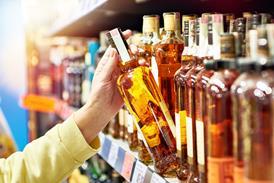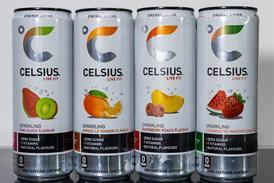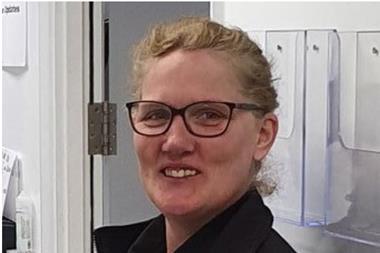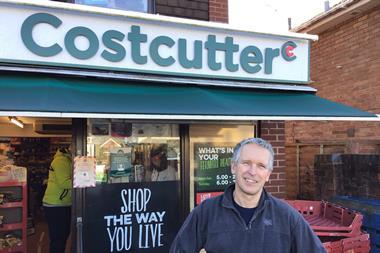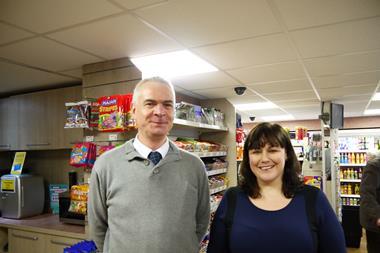CRA 2018: Premier Eldred Drive Stores, Kent

Manager Anita Nye and her team at Premier Eldred Drive Stores in Kent go beyond the letter of the law to ensure they trade responsibly and foster good relations - which is why the store clinched the 2018 CRA Responsible Retailing award.
ALREADY HAVE A REGISTERED USER ACCOUNT? PLEASE LOG IN HERE
To read the full story join the ConvenienceStore.co.uk community today!
Registration is quick and easy and provides access to:
- Unlimited ConvenienceStore.co.uk articles
- Our great range of newsletters
- Content you’ve saved for later via the ‘my library’ feature
And much more…








